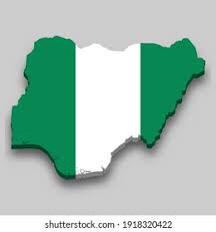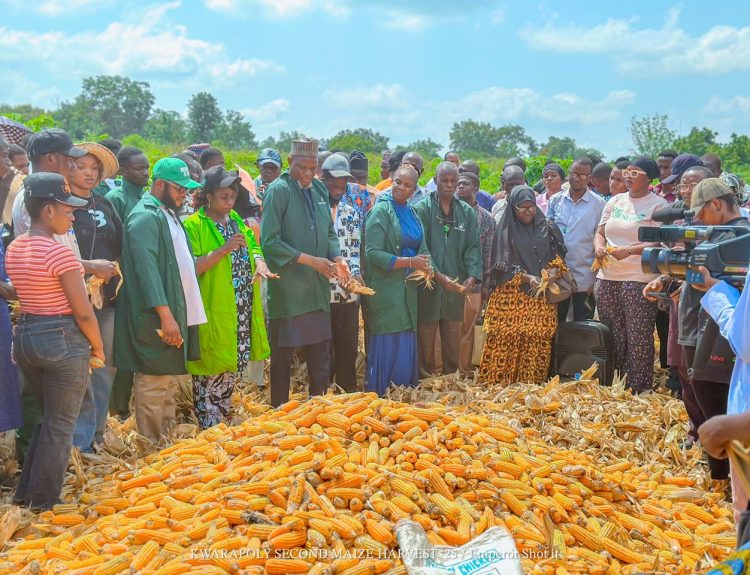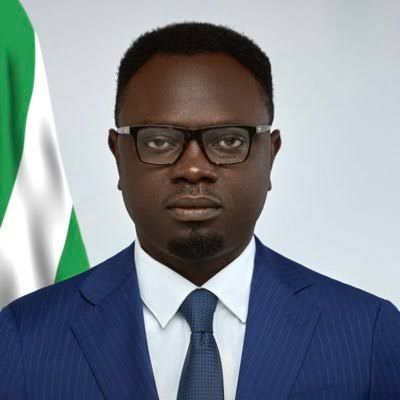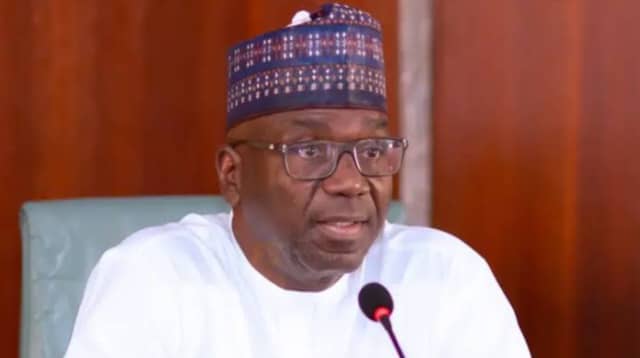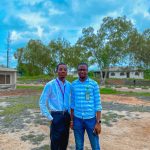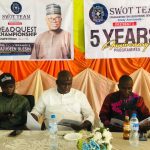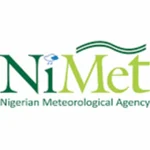Egusi melon seeds from Oyo State are set to become the first Nigerian and West African agricultural product to enter space.
The seeds will be launched aboard a SpaceX Falcon 9 rocket from the Kennedy Space Center in Florida as part of a global agricultural science initiative to the International Space Station.
Scheduled for liftoff on July 31 at 12:09 PM (EDT), the Crew-11 mission is expected to dock with the ISS on August 2. The mission, titled *“Emerging Space Nations: Space for Agriculture and Agriculture for Space,”* explores how culturally important crops respond to space environments and what that means for future food systems on Earth.
The mission is led by Nigerian space scientist and entrepreneur Dr. Temidayo Oniosun, in collaboration with Jaguar Space and The Karman Project, a global non-profit dedicated to inclusive space exploration.
Oniosun described the development as a milestone for Nigeria and the West African region. He said, “This is the first time any object from Nigeria will enter orbit. Egusi was selected to represent Nigeria for both its cultural and scientific relevance.”
Alongside egusi, the mission will also send Egyptian cotton, Armenian pomegranate, and Pakistani wheat to space for comparative analysis.
Oniosun explained that the experiment aims to study the biological effects of microgravity and radiation on the seeds, stating, “This initiative is designed to better understand how to grow food during long-duration space missions and improve climate-resilient agriculture on Earth.
“Sending it to space shines a spotlight on its nutritional value and opens new possibilities for agricultural research, international collaboration, and space-based innovation,”
The project’s key partners include Jaguar Space, serving as the mission integrator and scientific coordinator; The Karman Project, leading international outreach and leadership efforts; and Oniosun, who represents Nigeria as the principal investigator.
Organisers noted, “This mission places Nigeria at the forefront of a new era in global space exploration where traditional knowledge intersects with scientific innovation.”


